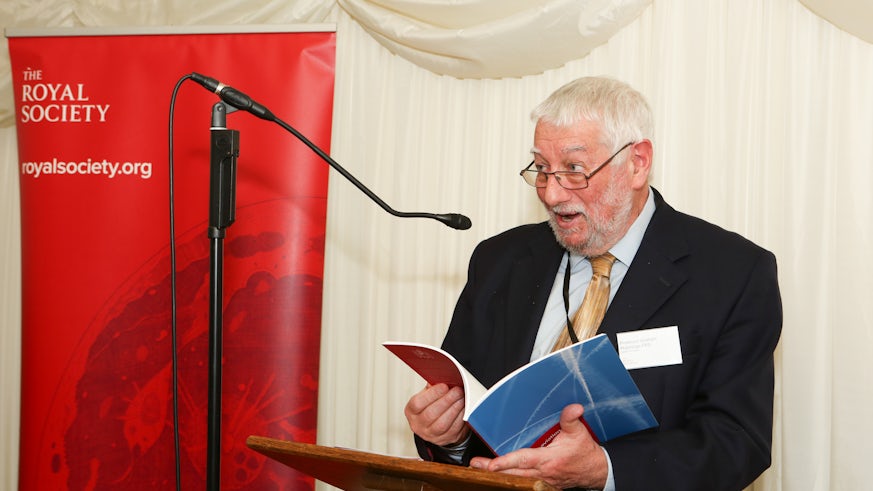UK’s ‘jet zero’ ambitions must resolve resource and research questions around alternatives, Royal Society report argues
8 March 2023

Half of all UK agricultural land or more than double its renewable electricity supply would be required to make enough sustainable aviation fuel to meet the UK’s targets for net zero flying, scientists have warned.
The team, led by Professor Graham Hutchings of Cardiff University, claims there is no single, clear, sustainable alternative to jet fuel able to support flying on a scale equivalent to present day use.
Their report, published by the Royal Society (RS), explores the challenges underpinning sustainable aviation fuel by considering the costs, life-cycle impacts, infrastructure requirements and outstanding research questions across four fuel types - green hydrogen, biofuels, ammonia and efuels.
It estimates that meeting existing aviation demand entirely with energy crops would require around half of UK farmland. Producing sufficient green hydrogen fuel would require 2.4 - 3.4 times the UK’s 2020 renewable electricity generation.
The team’s findings underscore the challenges of decarbonising aviation when resources are likely to be in global demand for a range of net zero objectives.
The report also identifies significant research requirements in scaling up net zero fuels, from storage and handling, to environmental impacts including CO2 and non-CO2 emissions.
Addressing these challenges requires global coordination, the team says, particularly for navigating the transition period between current and future generation aircraft.
“Research and innovation are vital tools for the delivery of net zero,” said Professor Graham Hutchings FRS, Regius Professor of Chemistry at Cardiff University, and chair of the report working group. “But we need to be very clear about the strengths, limitations, and challenges that must be addressed and overcome if we are to scale up the required new technologies in a few short decades.
“This briefing pulls together those realities, to allow policy makers to understand the future resource implications of today’s policy and R&D decisions and to support international dialogue on this global technology transition.”
Part of the RS’s series of policy briefings, the report calls for further research to understand the impact of non-CO2 emissions from jet engines, and the formation of contrails, which currently contribute significantly to warming by aviation globally.
Wider considerations, including the development of new airframes to permit hydrogen or ammonia storage, the refuelling infrastructure, and safe refuelling and storage protocols also need to be investigated and adopted globally, according to the team, which comprised RS Fellows and experts from the wider scientific community.
“How fossil fuel alternatives are produced is critical, as is how we measure their sustainability across the entire cycle of their use,” said Professor Marcelle McManus, Director of the Institute for Sustainability, University of Bath and a working group member.
“We need consistency, and we need to apply this globally, because adopting any of these new technologies will create demands and pressures for land, renewable energy or other products that may have knock on environmental or economic effects.”
Read the report, Net zero aviation fuels: resource requirements and environmental impacts, on the Royal Society website.
Share this story
The School tackles the important scientific challenges of the 21st century which is the focus of its internationally leading research and education.



